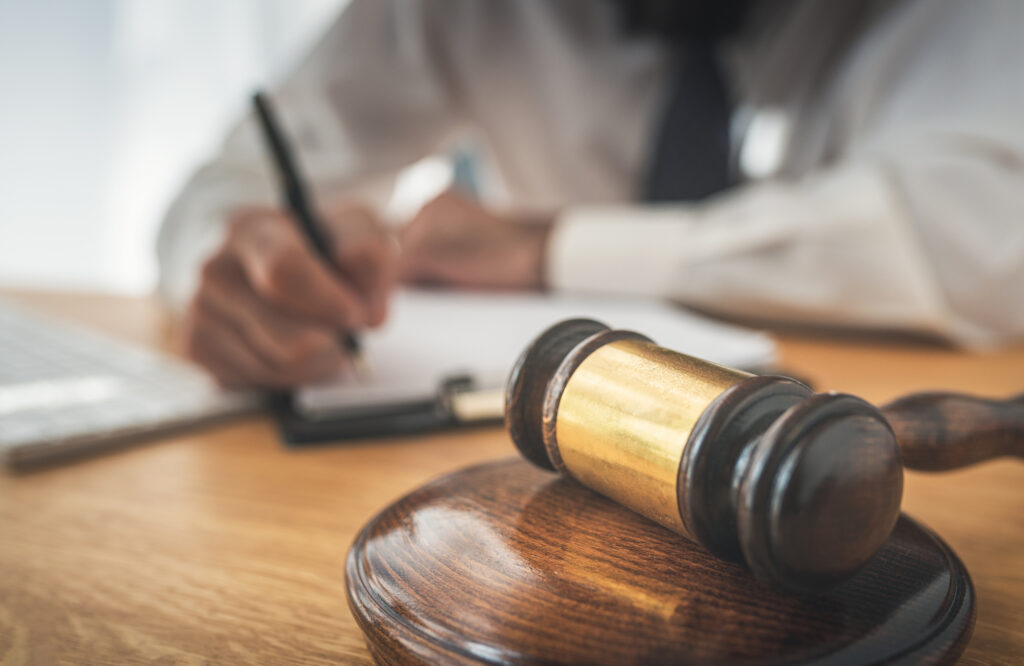Negligence is a foundational principle of personal injury law in Pennsylvania. It determines liability in cases where someone’s carelessness causes severe harm to another person. Proof of negligence determines whether a claim is valid and how compensation is awarded. Without proving negligence, personal injury claims cannot succeed.
In this article, we’ll explain the types of negligence in personal injury cases, the key legal elements required to prove it, and how a personal injury attorney can help victims secure just compensation.
Negligence in Personal Injury Cases?
Negligence occurs when an individual or entity fails to exercise reasonable care, harming another person. In personal injury law, different types of negligence can affect how liability is determined:
- Gross Negligence: This involves extreme recklessness or a blatant disregard for the safety of others. For example, a drunk driver speeding through a red light and causing a serious crash.
- Comparative Negligence: Pennsylvania follows a modified comparative negligence rule, meaning if a plaintiff is partly at fault, their compensation is reduced proportionally. However, they receive no compensation if they are more than 50% at fault. For instance, a pedestrian jaywalking when hit by a speeding car may share fault, reducing their compensation.
- Professional Negligence: This occurs when professionals, such as doctors, fail to uphold the standards of their profession, leading to harm. An example includes a surgeon leaving a medical instrument inside a patient during surgery.
The Four Elements of Negligence
Successfully proving negligence in a personal injury claim requires establishing four key elements. Each component builds upon the last to form a strong case for liability.
- Duty of Care: The defendant had a legal obligation to act in a manner that prevents harm. For example, a construction company has a duty to secure scaffolding and provide workers and passersby with a safe environment.
- Breach of Duty: The defendant acted irresponsibly and failed to uphold this duty. Keeping with our construction site example, a crew fails to properly secure scaffolding, leaving it unstable and at risk of collapsing.
- Causation: A direct link between the defendant’s negligence and the plaintiff’s injury must exist. For instance, a pedestrian walking near the construction site is struck by falling debris due to the unsecured scaffolding, resulting in severe head trauma.
- Damages: The plaintiff must have suffered actual harm, such as medical expenses, lost wages, or emotional distress, due to negligence. In our construction site example, the injured pedestrian faces extensive medical treatment, long-term rehabilitation, and loss of income due to their inability to work.
Proving Negligence Is Crucial for Liability & Compensation
Negligence establishes legal responsibility, making it the foundation for compensation in personal injury claims. The injured party may not receive damages for medical bills, rehabilitation, or lost income without proving negligence. However, proving negligence can be complex, requiring substantial evidence, expert testimony, and legal knowledge.
Given the complexities of proving negligence, an experienced personal injury lawyer can strengthen a claim by gathering key evidence, such as surveillance footage, accident reports, and witness statements. Their expertise ensures injury victims can effectively prove negligence, maximizing their chances of receiving fair compensation.
Choose a Trusted PA Personal Injury Attorney
Understanding negligence is crucial in any personal injury case, as it determines liability and the compensation you may be entitled to. As a trusted, multi-generational personal injury firm, we specialize in building strong cases and proving the negligence that led to your injury. Whether you’ve been harmed in a truck or auto accident, a slip-and-fall incident, a dog bite case, or due to medical malpractice, our legal team works tirelessly to establish fault and demonstrate the full extent of your damages. Serving Philadelphia and the surrounding areas, we have secured millions in compensation by proving negligence and holding responsible parties accountable.
If you or a loved one has been seriously injured or harmed due to someone else’s negligence, contact our local personal injury lawyers for a free case evaluation and take the first step toward a fair resolution.

